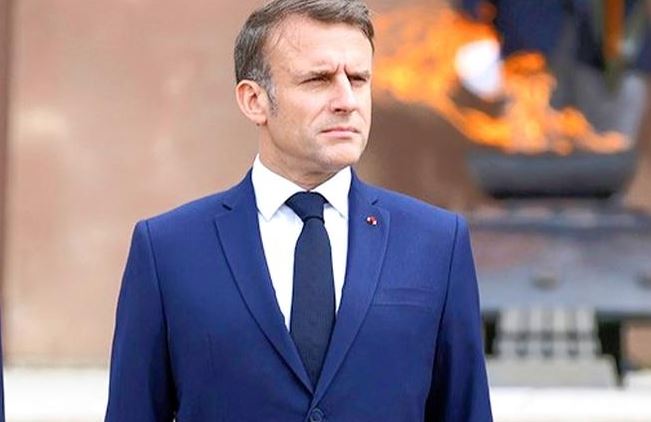Macron’s Political Calculus French President Emmanuel Macron has declined the resignation of Prime Minister Gabriel Attal, urging him to continue leading the government amidst political turbulence following recent election results. Macron’s decision underscores his commitment to maintaining stability in the face of a divided electorate and uncertain parliamentary prospects.
Election Fallout and Legislative Division The aftermath of the July 7th elections in France has left a fragmented political landscape, with no single faction securing the majority required to form a cohesive government. This split between the left, center, and far-right has heightened concerns over potential governance paralysis in one of Europe’s largest economies.
Market Reaction and Economic Resilience Initial market jitters, evidenced by a brief dip in France’s primary stock index, swiftly rebounded. Analysts attribute this recovery to investor relief over the avoidance of an outright victory by either the far-right or leftist coalitions, which were feared to bring more radical policy shifts.
Implications for Macron’s Strategy Emmanuel Macron’s gamble with snap elections aimed to bring clarity to France’s political direction ahead of the Paris Olympics. However, the outcome has presented challenges rather than a decisive mandate, complicating efforts to forge a viable governing coalition.
Attal’s Leadership Amid Uncertainty Prime Minister Gabriel Attal, appointed just seven months ago, initially tendered his resignation following the inconclusive election outcomes. Macron swiftly countered, requesting Attal to stay on to ensure governmental stability during this critical juncture.
Diverging Political Agendas The election results have left all major political blocs without a clear path to form a new government. Disagreements persist between Macron’s centrist alliance, the leading leftist coalition, and the resurgent far-right, exacerbating gridlock concerns within French political circles.
Challenges Ahead for French Governance With voter turnout at its highest in four decades, the electorate’s divided mandate reflects deep-seated political divisions. Macron faces the daunting task of navigating these divisions to sustain effective governance and address pressing national and international challenges.
Macron’s Leadership Test For Macron, the coming weeks will test his leadership and negotiation skills as he seeks to cobble together a functioning government. The outcome will significantly influence France’s political stability and its ability to steer through economic uncertainties amidst a global backdrop of geopolitical tensions.
Conclusion Emmanuel Macron’s decision to retain Prime Minister Gabriel Attal amidst post-election turbulence underscores the gravity of France’s political predicament. As the country grapples with legislative fragmentation and the specter of governance gridlock, Macron’s strategic maneuvers will shape the future course of French politics and its impact on broader European dynamics.
Soumya Smruti Sahoo is a seasoned journalist with extensive experience in both international and Indian news writing. With a sharp analytical mind and a dedication to uncovering the truth, Soumya has built a reputation for delivering in-depth, well-researched articles that provide readers with a clear understanding of complex global and domestic issues. Her work reflects a deep commitment to journalistic integrity, making her a trusted source for accurate and insightful news coverage.



